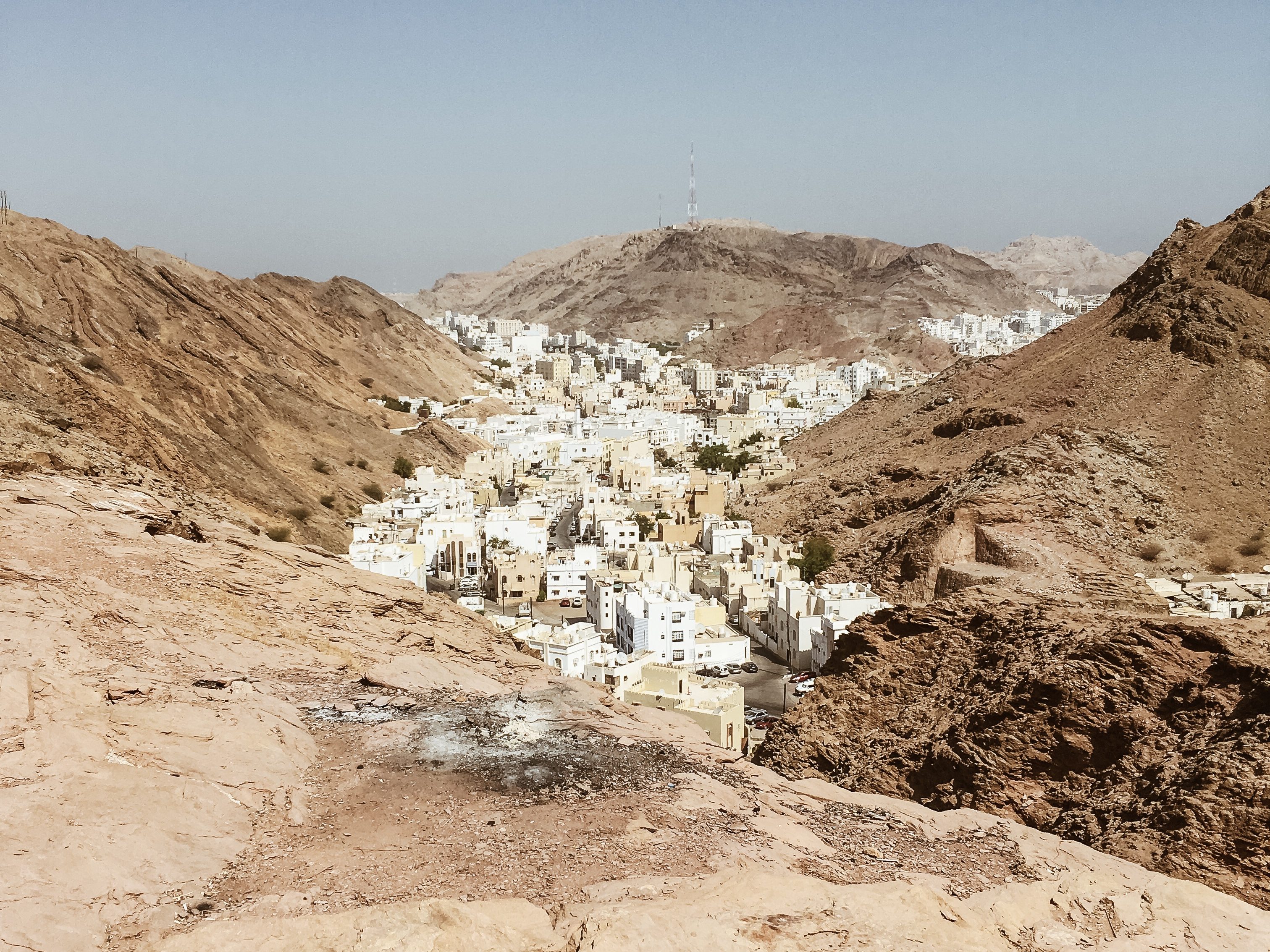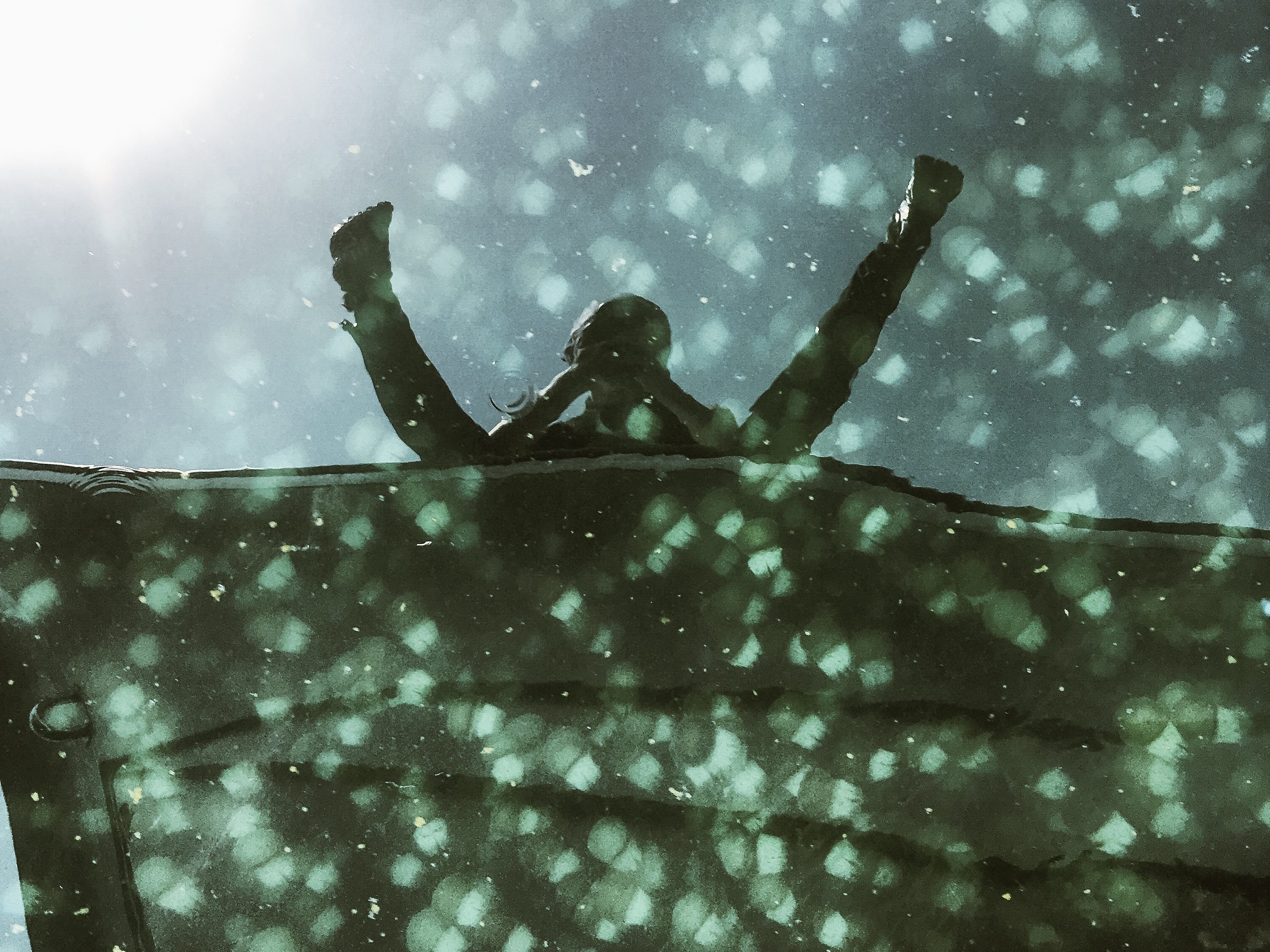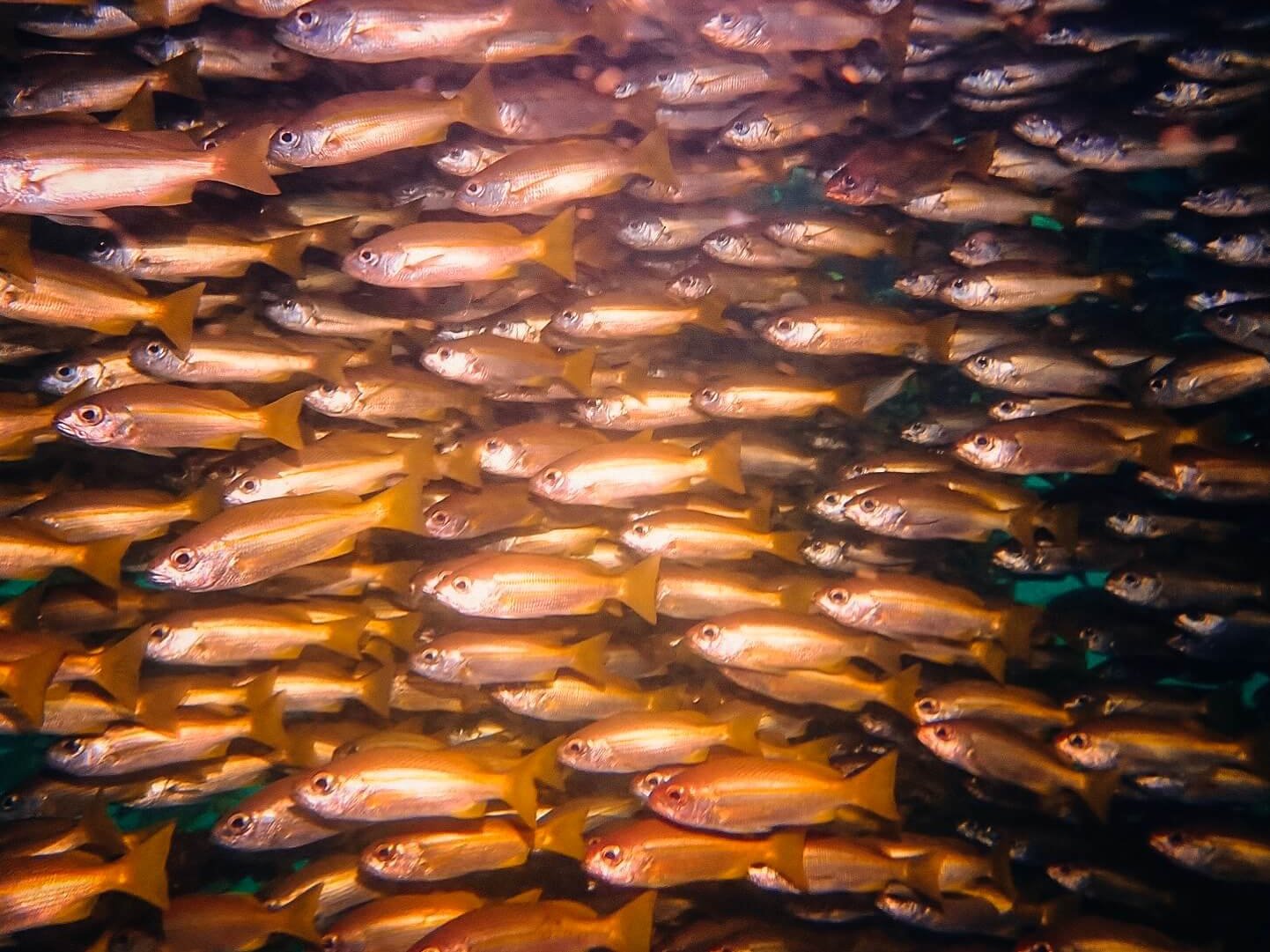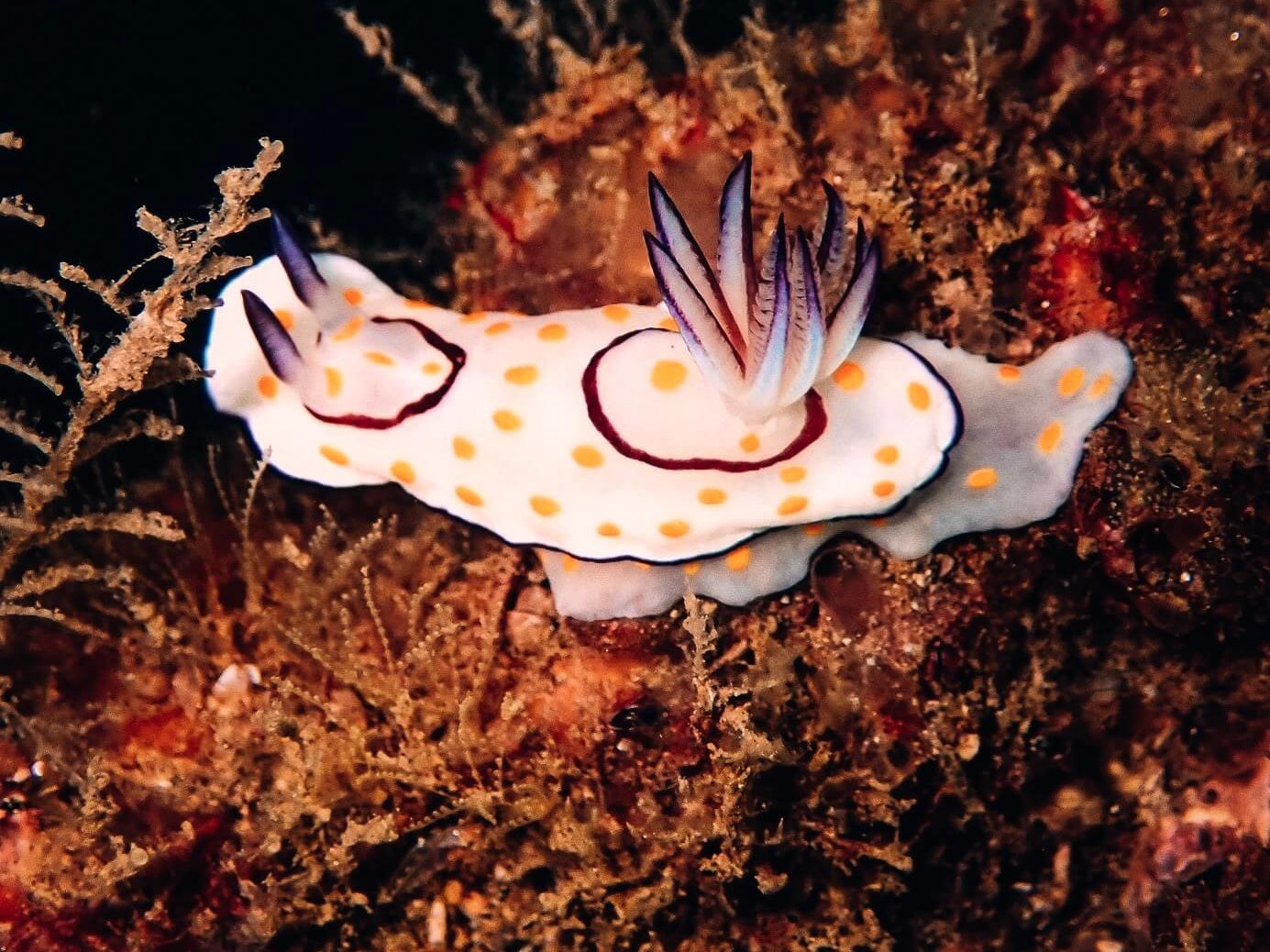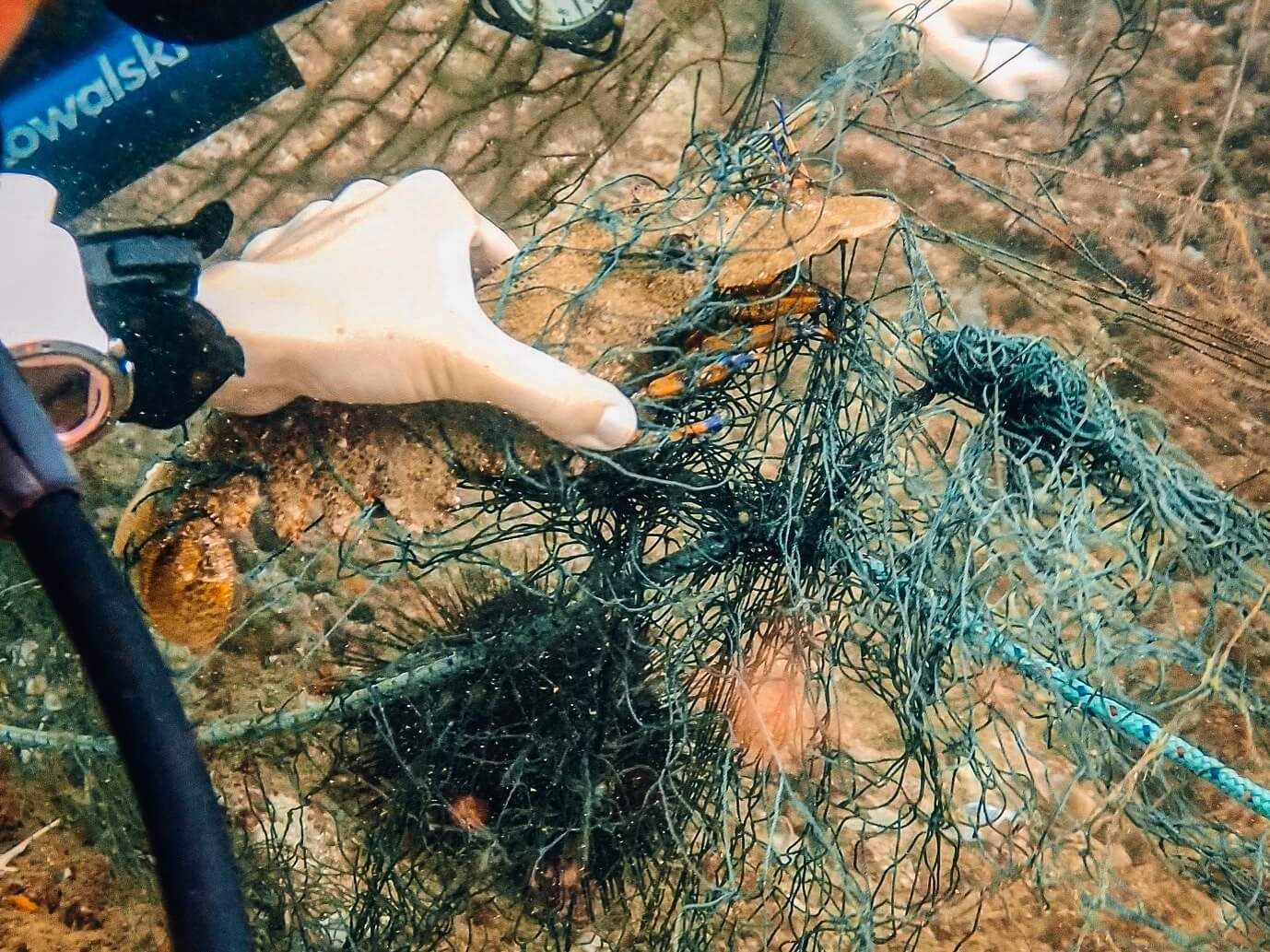“The air of the place had something Mediterranean or maybe Caribbean about it. Will had never been out of England, so he couldn’t compare it with anywhere he knew, but it was the kind of place where people came out late at night to eat and drink, to dance and enjoy music. Except that there was no one here, and the silence was immense.”
-Philip Pullman, The Subtle Knife
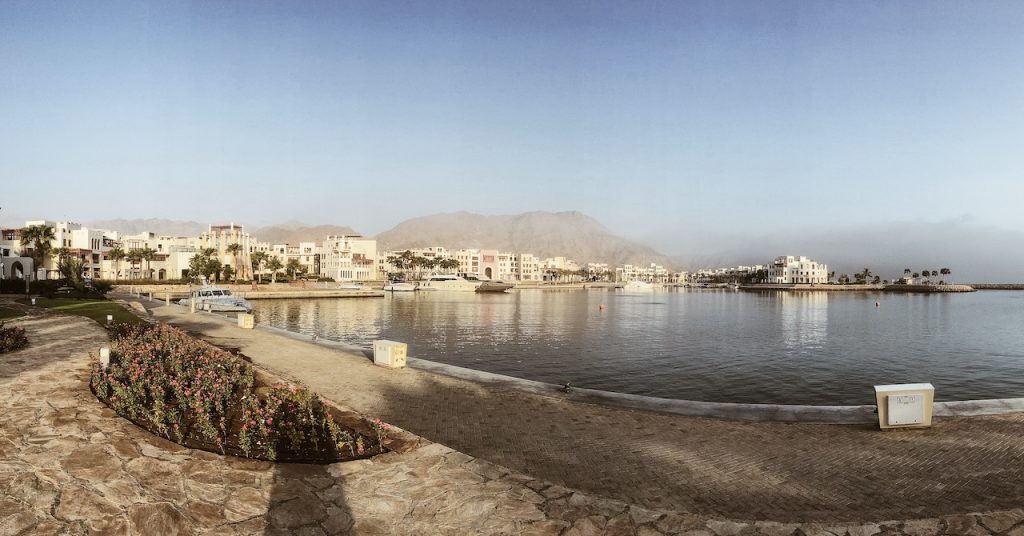
Fletch and I walked outside the flat on our first morning in Sifah, Oman, eager to see our surroundings after arriving and promptly crashing into bed the previous late afternoon. We were greeted by hot, muggy air. The climate was similar to that we had left in Alabama, but something about being by the ocean made the humid air that much more satisfying.
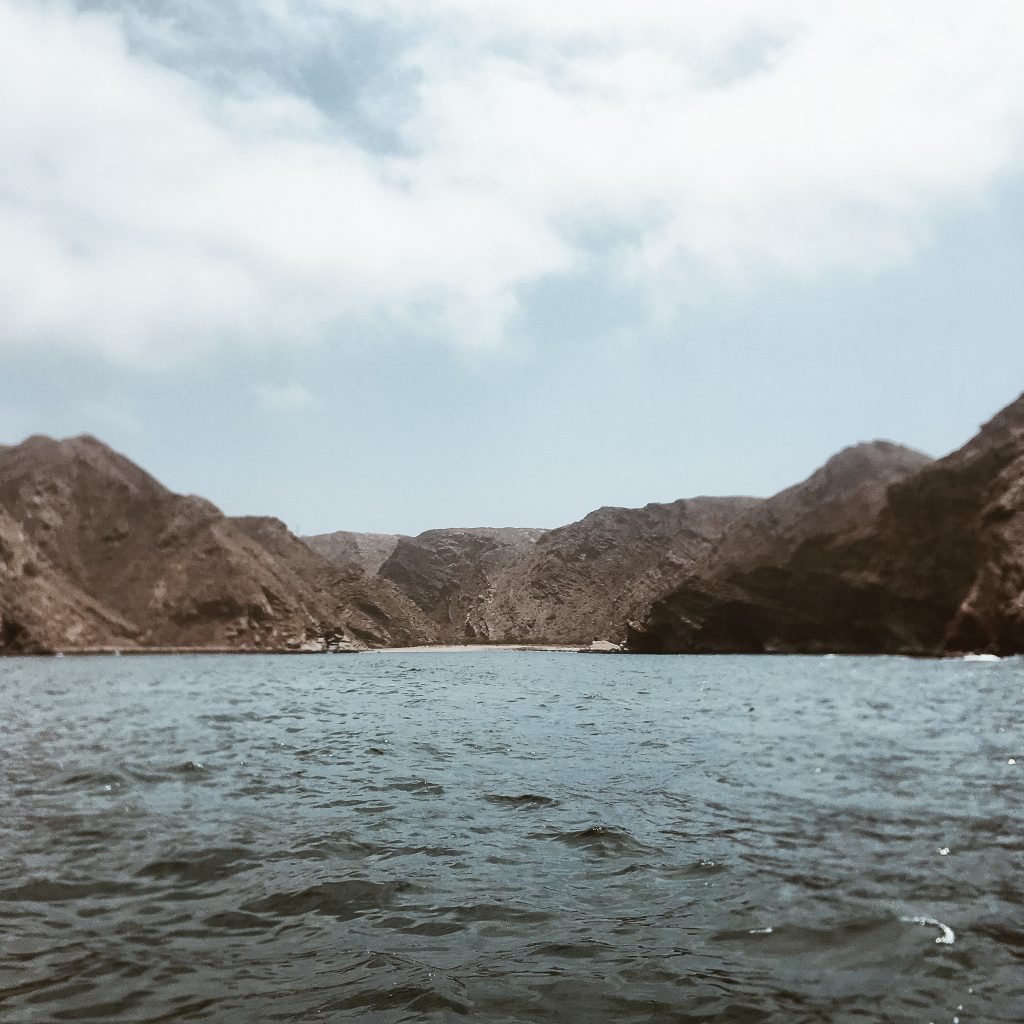
The air still had that haze about it, that permanent state of fog that seemed to absorb any semblance of color, leaving behind the same sandy monochrome we had seen all day yesterday.
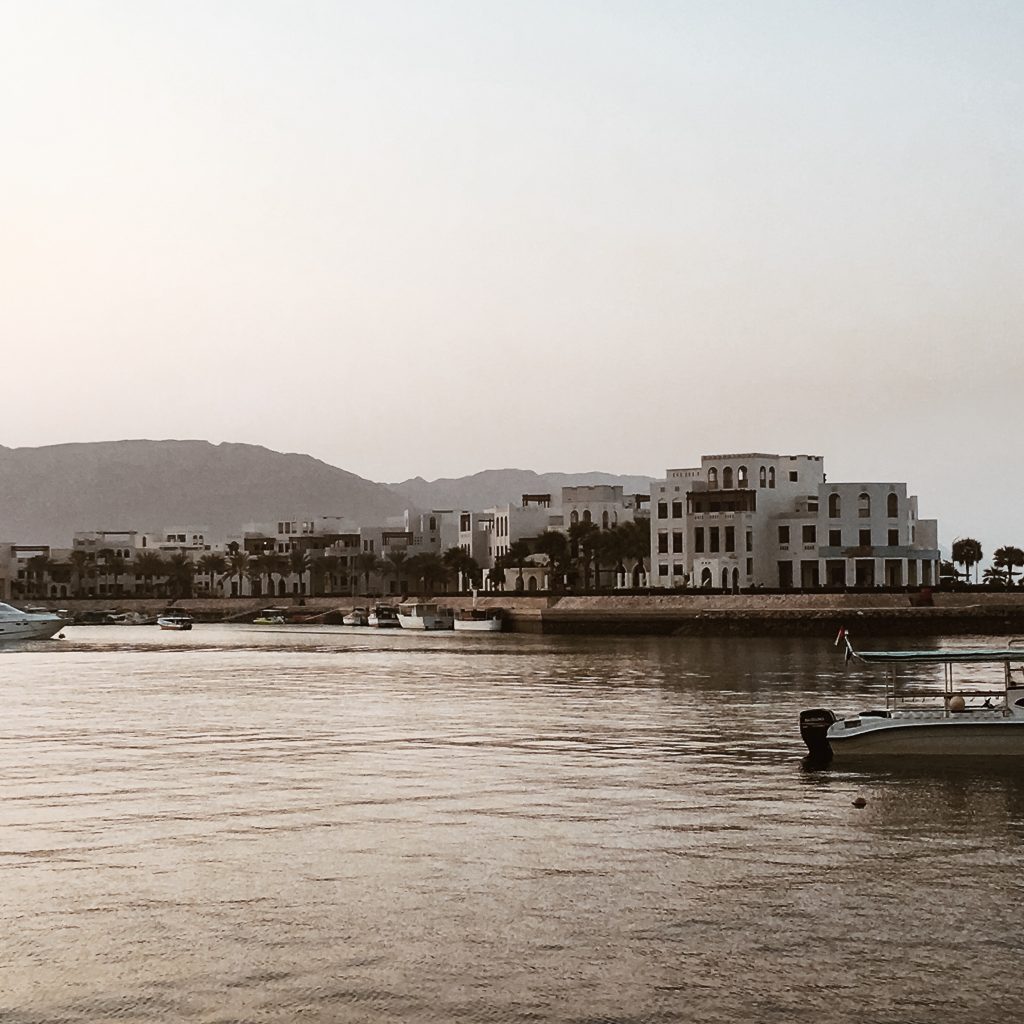
We found ourselves on the waterfront in a large harbor, surrounded on all sides by white, blocky buildings with wooden accented balconies, and a few palm trees. The blockiness of the buildings was made appealing architecturally with asymmetrically-sized segments all pieced together like a children’s Lego set. The tops of some of the walls were crenelated like a castle, and the tops of some of the windows were cut out like Hershey’s kisses, or the tops of a mosque.
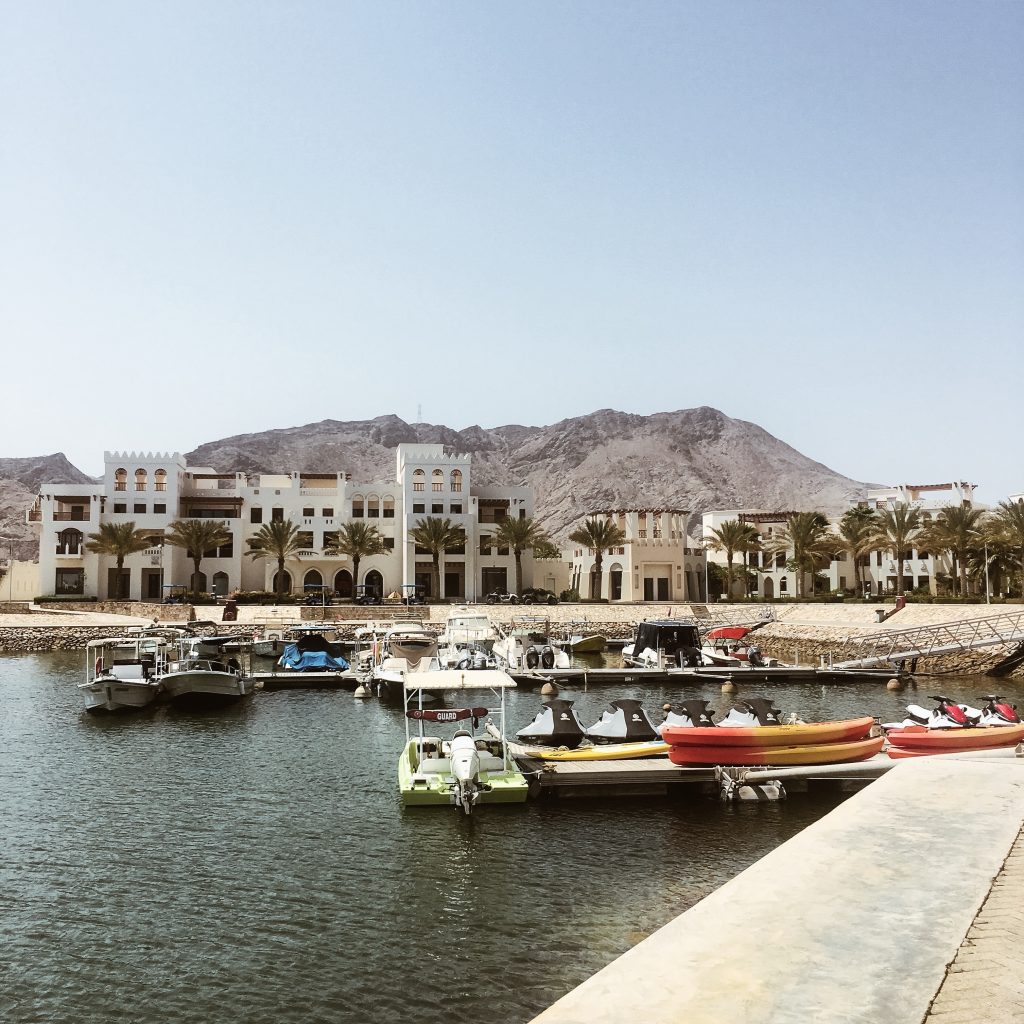
The far side of the harbor contained a marina with numerous speed boats and several expensive, though abandoned-looking yachts. It looked like a high class community. We began our walk to the dive shop which sat on the opposite end of the harbor, near the boat channel. The place was eerily quiet, and not a soul was in sight. I passed this off on the early hour. The lack of people was a welcoming relief after our trip to Hawaii and the throngs of tourists we had encountered there.
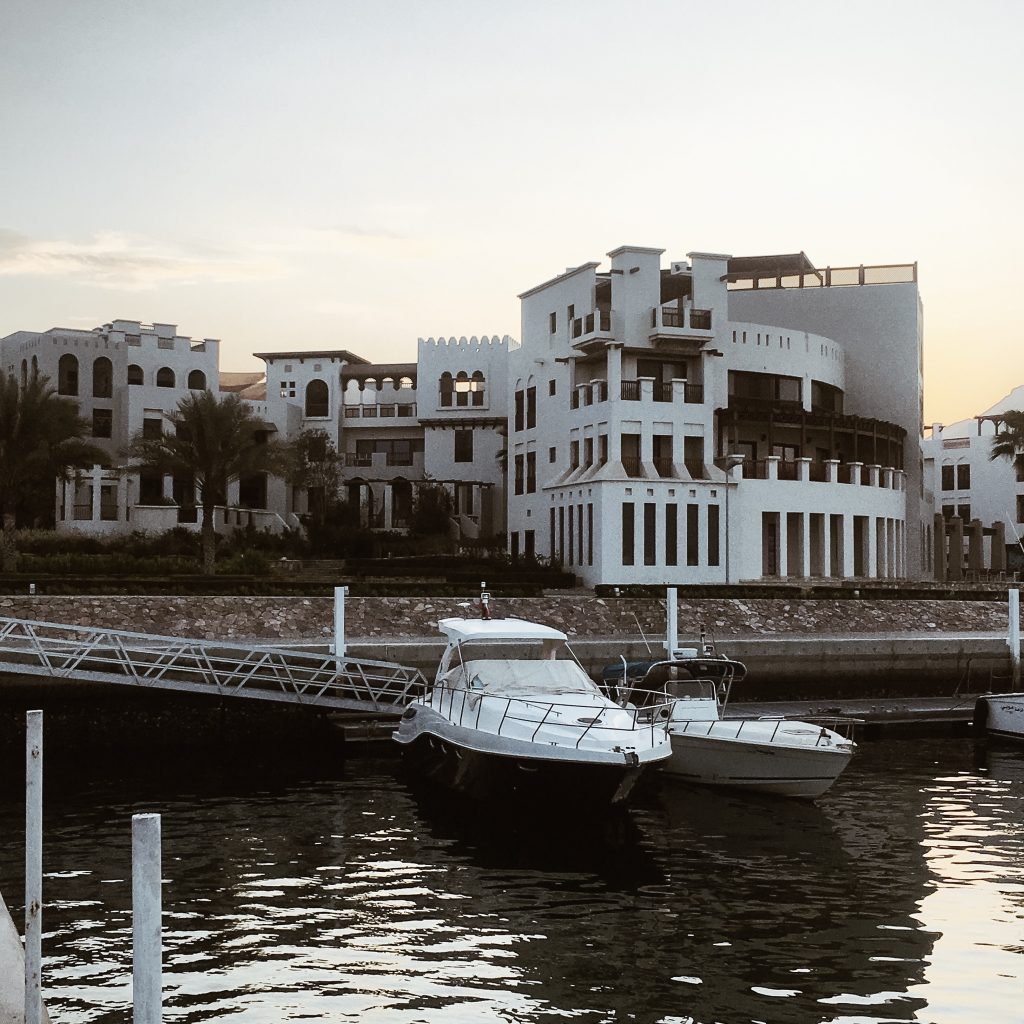
That first day Fletch and I spent as students. We did our SSI crossovers with Tanja, who recently became an Instructor Trainer. That probably came out as Greek to some of you. You’ve heard of PADI, right? They are the most popular scuba certifying agency in the world, and the one that Fletch and I both instruct under. They’re not the only one though. SSI, or Scuba Schools International, is the second largest one in the world. In many places in the world, it suffices to be a PADI instructor. Some places like Thailand, use both, and being able to teach both is a huge advantage on a resume. When I moved to Thailand six years ago, I was a newly certified instructor under PADI. Having just shelled out the large sum of money for that certification, I was not ready to spend even more money on knowledge I already had, just under a different name brand. I came to regret that decision, and vowed that an SSI crossover would be the first thing I did if I ever returned.
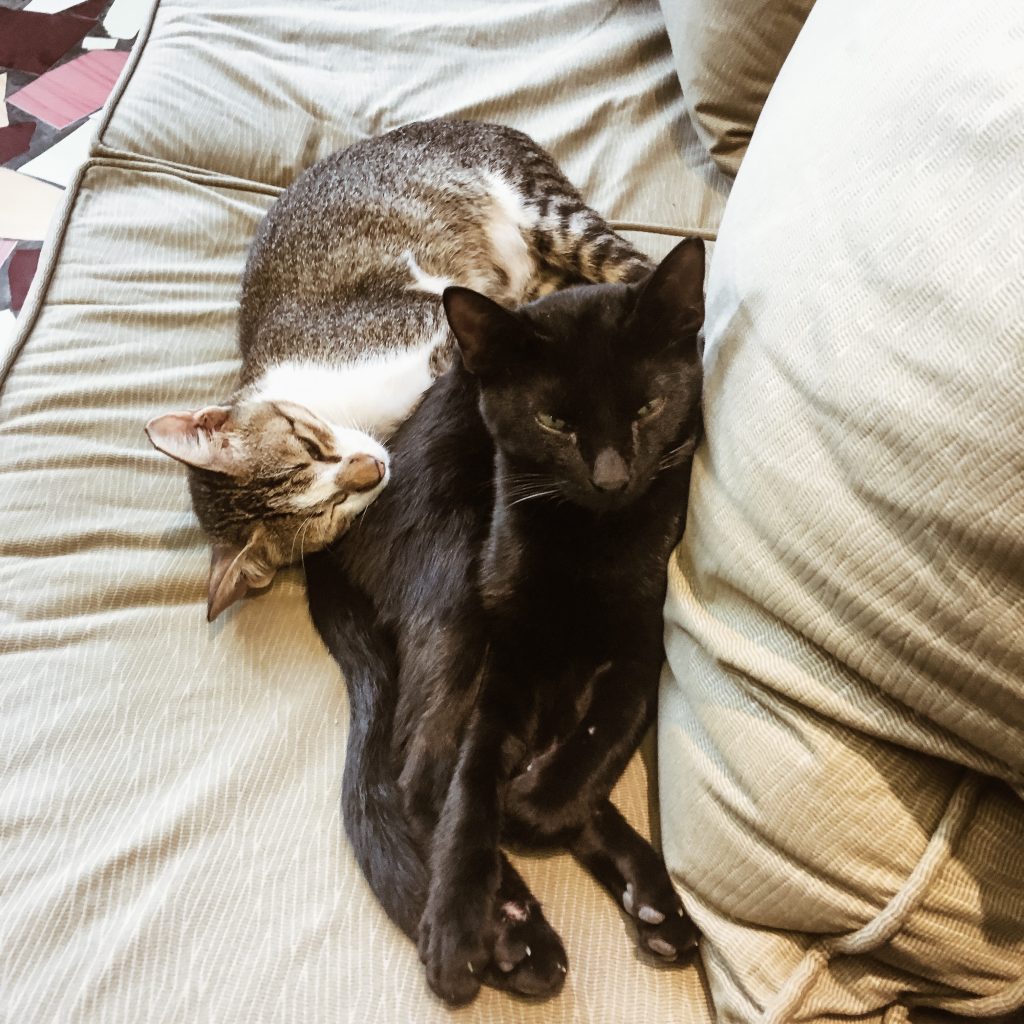
Like I said, you’re teaching the exact same thing under a different name brand, so while my original PADI instructor course took two weeks with a three day exam at the end, a crossover to another agency is just a two-day ordeal where you learn the differences between the two systems. Our friend Tanja had just become an Instructor Trainer, basically the top of the top as far as the ladder of SSI instructors goes, and offered to do our crossovers for us when we arrived. We jumped on the idea.
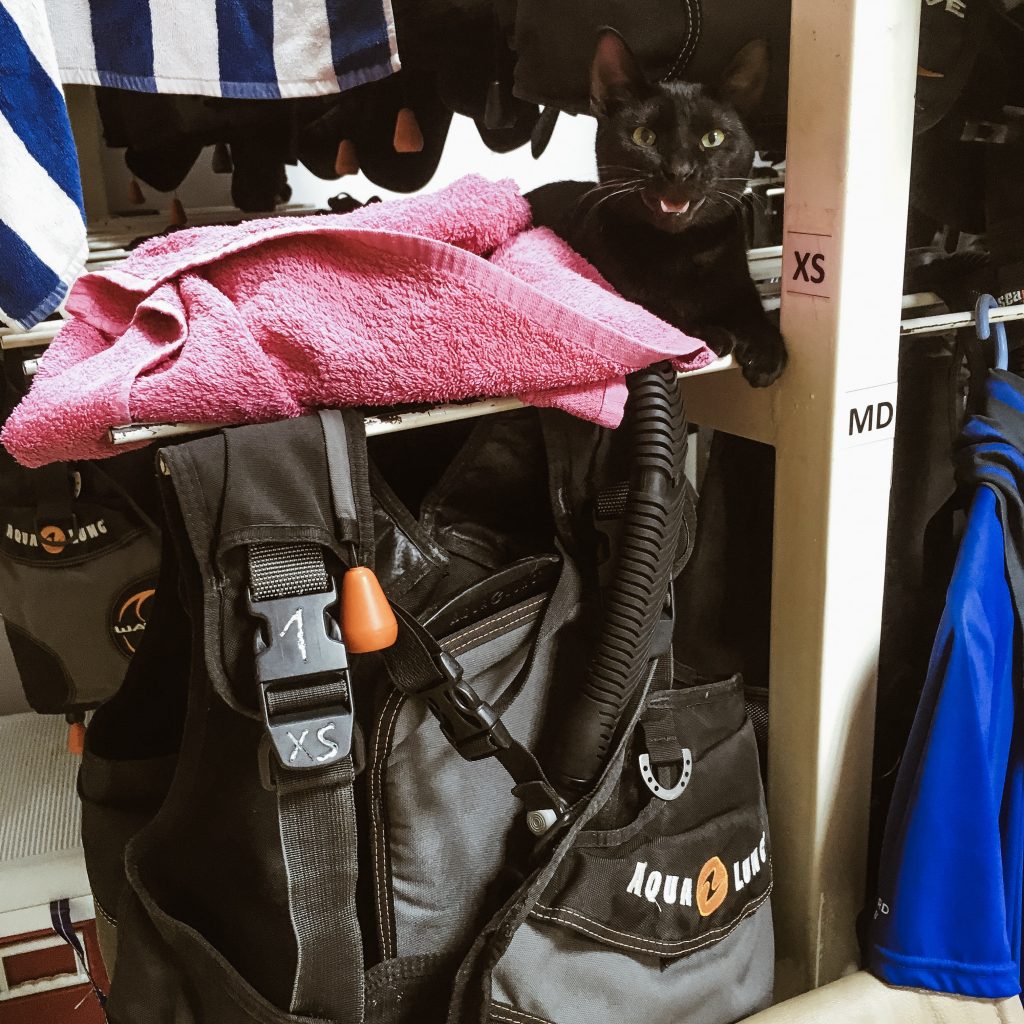
When class dismissed at the end of the day, I expected the community to look a little more lively. Surely guests would be roaming around, and boat owners would be out polishing their engines by now.
I was wrong. The place was just as eerily quiet as it had been that morning.
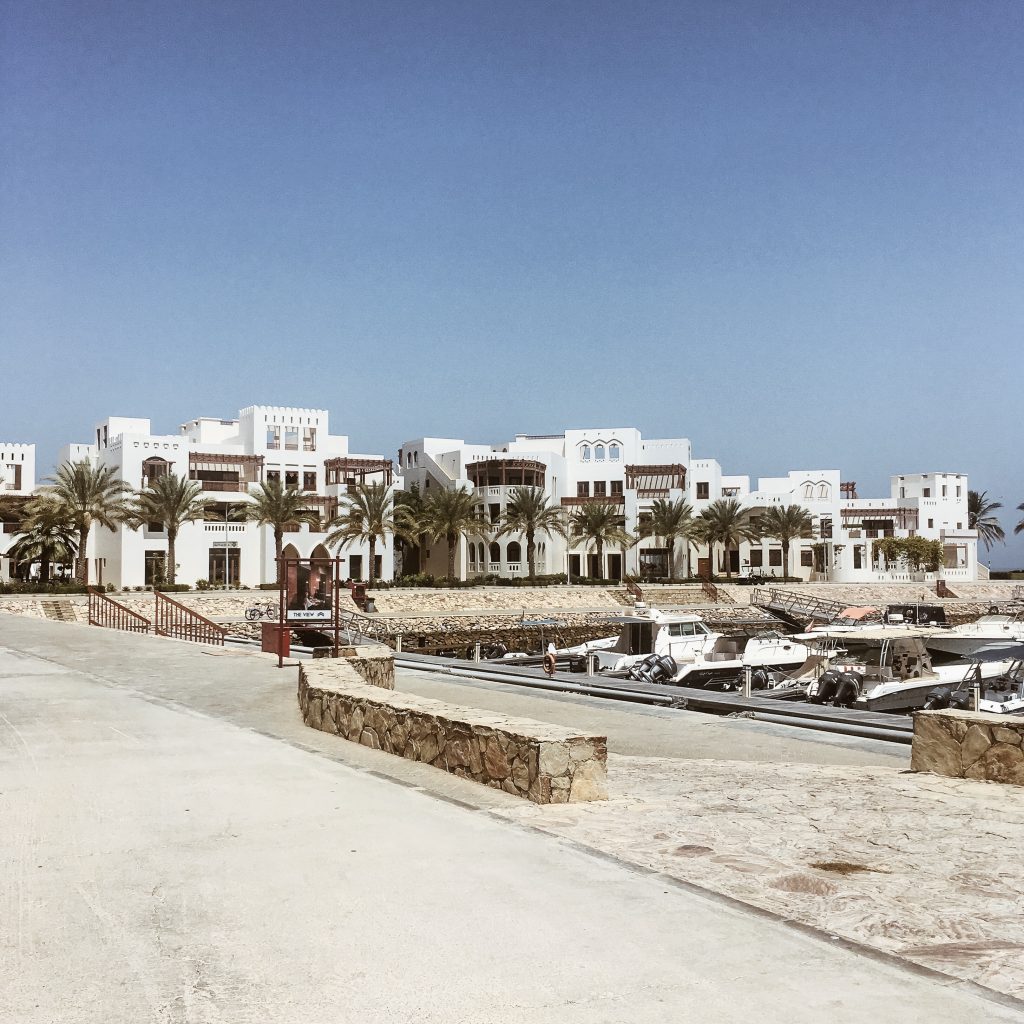
Days passed, and while a handful of divers never failed to appear at 8:00 to go out on the boat each morning, you never would have known there was another person in existence within the community. All those posh apartments, and not a soul in sight. Our walk to work each morning brought us past our neighbor’s long-forgotten, algae-ridden pool, past yachts that looked glamorous from the distance, but neglected up close, past seemingly empty restaurants.
I was reminded of the plots of a few too many apocalypse movies, where civilization no longer exists, and the protagonists are residing in the remnants of past opulence. Remember Zombieland, when they crash in Bill Murray’s mansion? Or how about the latest season of the TV show, The 100, when the main cast lands on the new planet, and finds the entire community completely deserted? Philip Pullman’s The Subtle Knife, when Will finds the passage to the seaside town and the only other person there is Lyra… Spirited Away, when Chihiro and her family find themselves in an abandoned amusement park… Ok, maybe I read and watch too much fantasy.
The comparison to Miyazaki’s Spirited Away is perhaps particularly appropriate. In the film, Chihiro and her family have moved to a new city, but take a wrong turn on the drive there and get lost along the way. They find themselves in an abandoned amusement park, seemingly of this world in the daylight. Once the sun sets however, ghosts and spirits emerge from the shadows and take over the park.
Jebel Sifah was a community of apartments owned mostly by locals who would come over to party on the weekends. During the week, the place seemed like a ghost town, with only the ominous cawing of crows to break up the otherwise deafening silence, reminding you that you weren’t the last living life-form on Earth. And then Fridays would roll around, and the brick walkways surrounding the harbor would come alive with figures robed from head to toe in black and white garb, floating around like beings from another world.
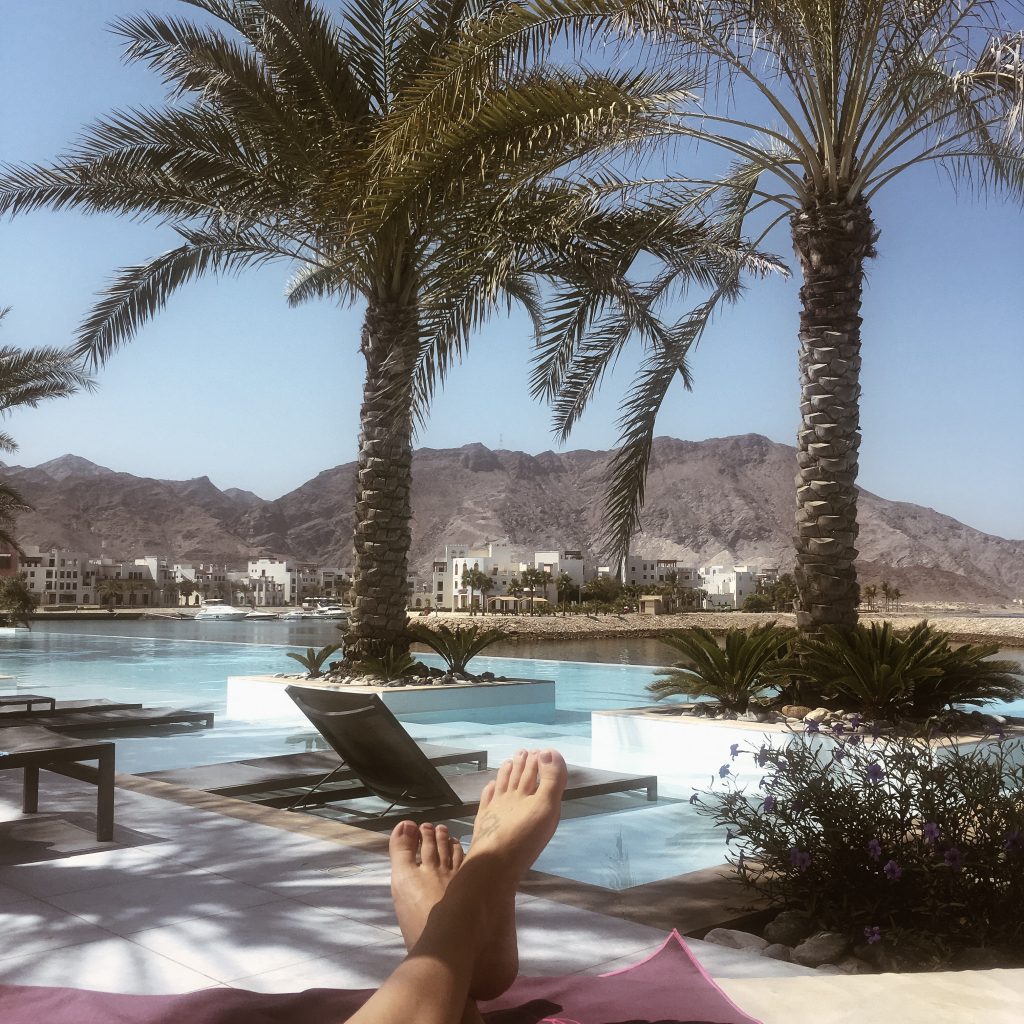
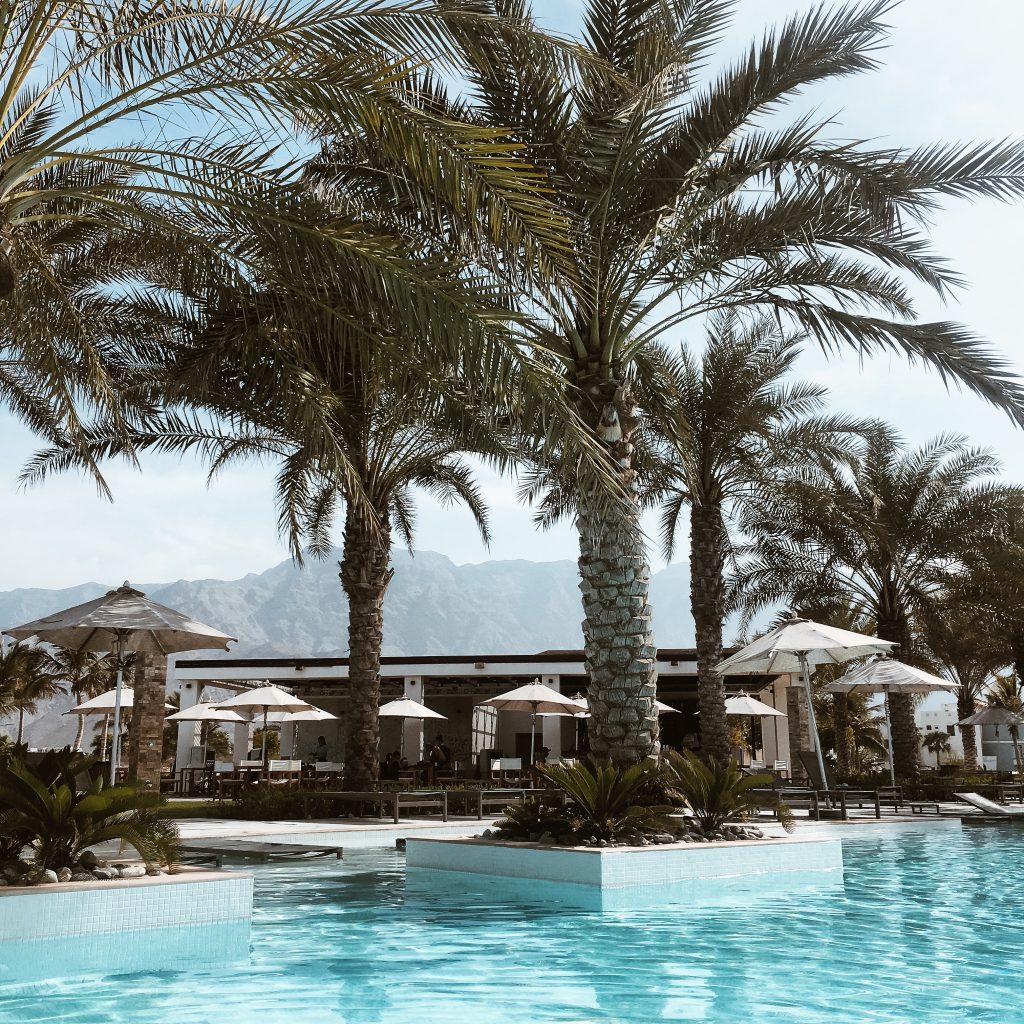
On Sundays the sun would rise again, and the town would go back to its prior state of desertedness.
The community did have a little convenience store. It was well stocked as far as packaged items went, and had some basics like eggs and bread, but the European guests were fond of complaining about how there was nothing available there. I didn’t have an issue with the stock, it was a convenience store after all, and not a Japanese one. (Japanese convenience stores put the rest of the world to shame as far as being well-stocked goes). I did find issues with trying to catch the place while they were open though. The first time I ever visited, I walked up to find a handful of staff sitting out front. I tried the door and it was locked. One of the men pointed to the sign on the door. “Emergency close, 15 minutes.” Fine, I could wait 15 minutes. Upon seeing that I was waiting, the men in the uniforms promptly scattered to go perform whatever jobs they were meant to be doing, any job except running the little shop. I waited 15 minutes and no one ever returned. It took several more attempts before I ever found the shop open.
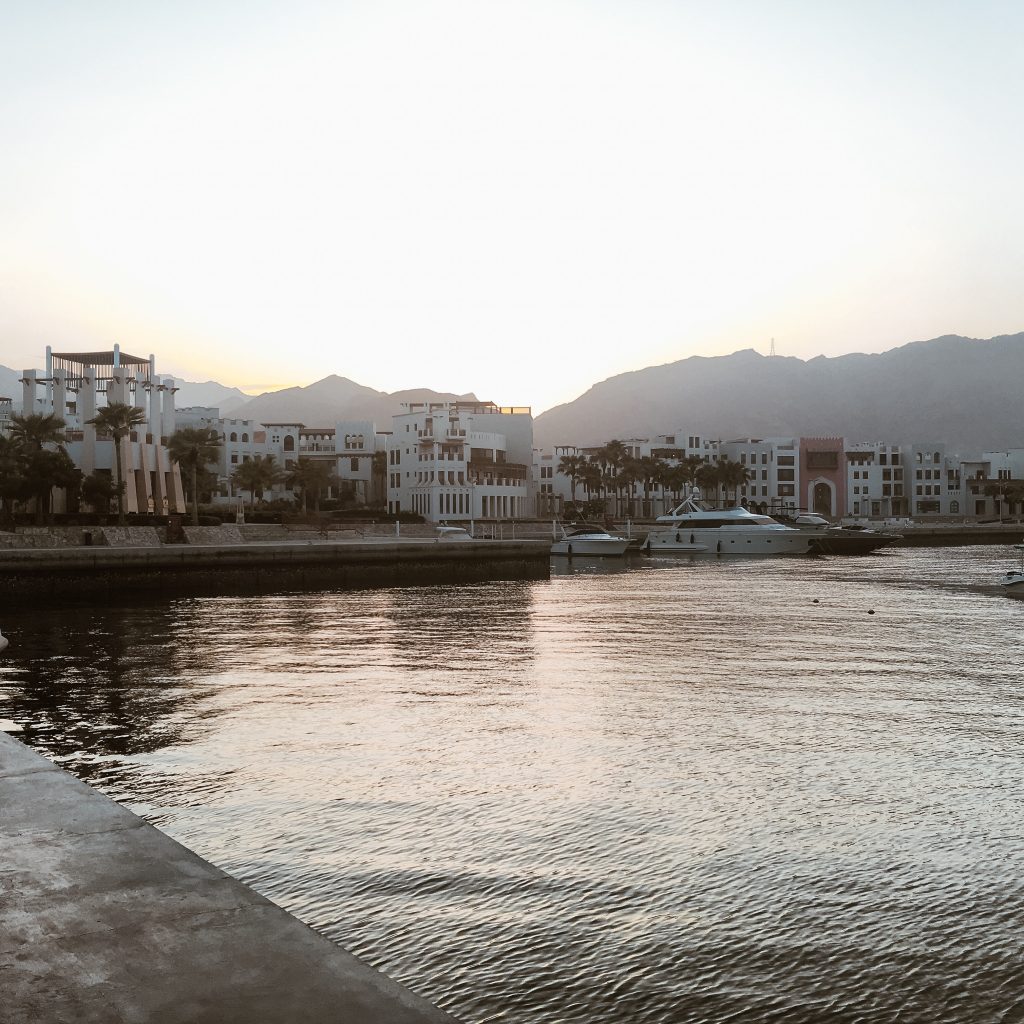
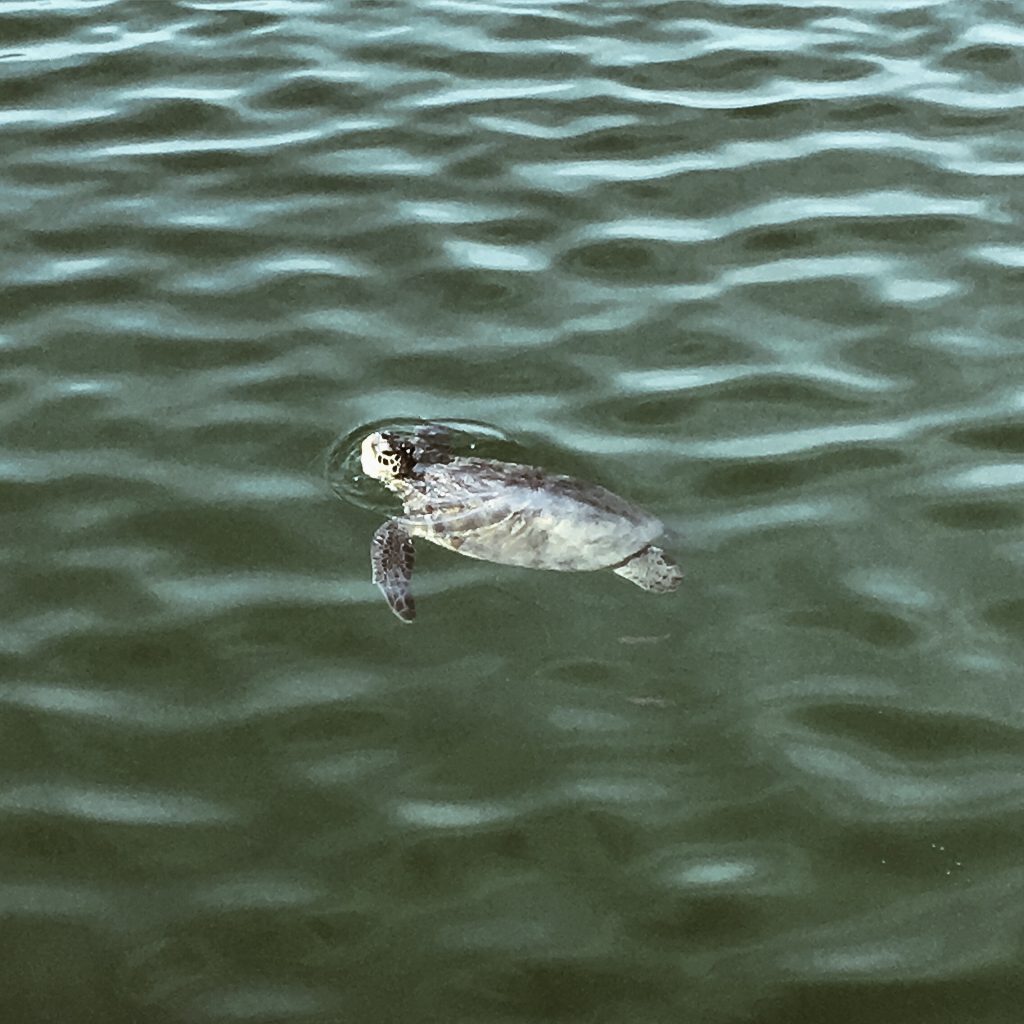
The community also had a little “boutique,” which I took a stroll through one day. Seeing as the only place to purchase essentials was never open, I was really quite shocked when a lady opened the door of the boutique for me. I stepped inside, and immediately felt as though I was the first person besides the lady to step inside for a very long time. She returned to her phone behind the counter, not the least bit concerned with the prospect of a possible sale. Everything in the shop seemed to have had the color sucked right out of it, much like the desert landscape extending for miles beyond the town. The things that weren’t covered in a generous layer of dust, looked as though they had been sitting in the window getting bleached by the sun since the shop’s beginning. The selection was slightly more risqué than the Muslims might be comfortable wearing, but also more outdated and frumpy than a Westerner would likely wear. That faded “fashion” would likely sit there until the little shop was finally deemed unprofitable.
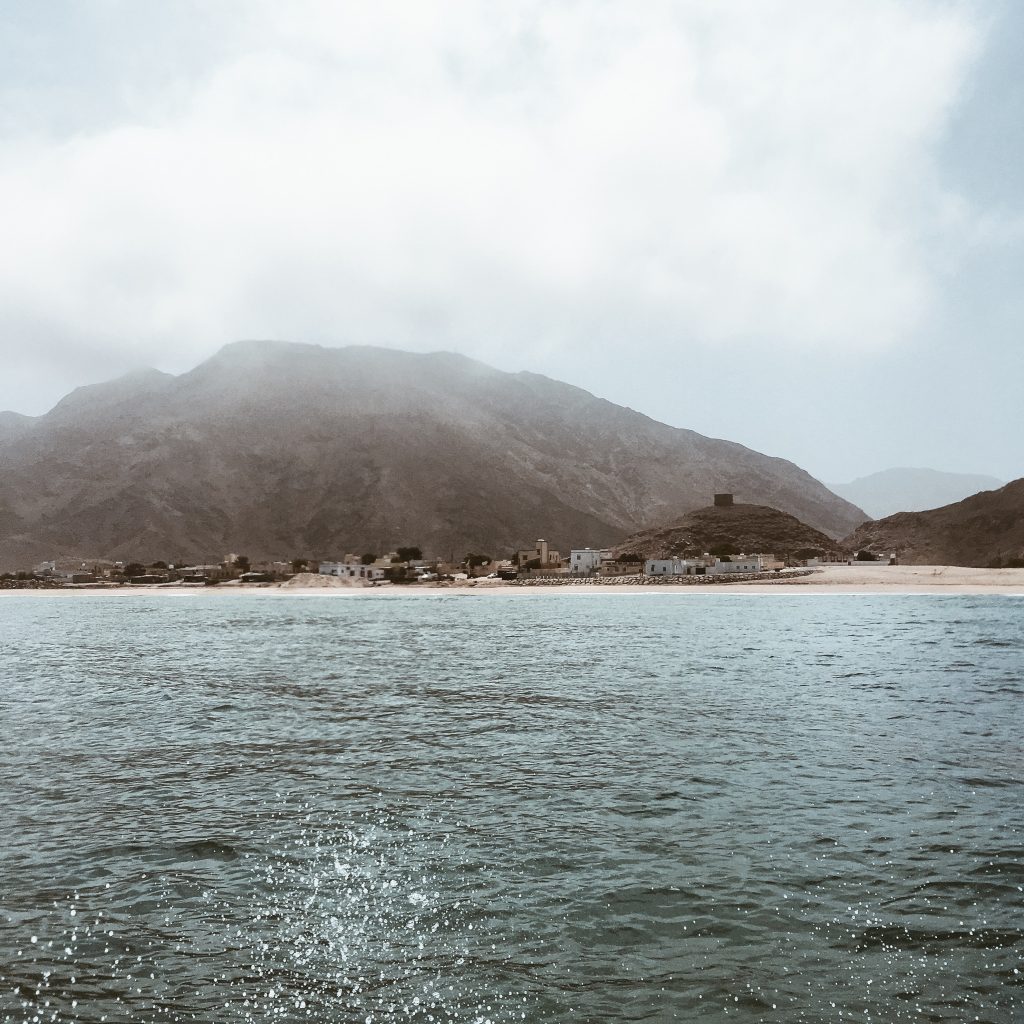
Gossip Corner was the name of what was supposed to be a little coffee shop in the midst of the apartment buildings. Unlike the convenience store, there was never even a sign posted with the hint of ever being open. Curiosity got the better of me and I peered through the window one day. The tables were all neatly set with napkins, silverware, and salt and pepper shakers. Up close they must have been covered in a good layer of dust, because no one ever unlocked the door in all the times I walked past.
There was also what looked to be a children’s daycare center. A peep inside showed a dark, deserted room with a foosball table, bean bag chairs, and this rather disturbing sign:
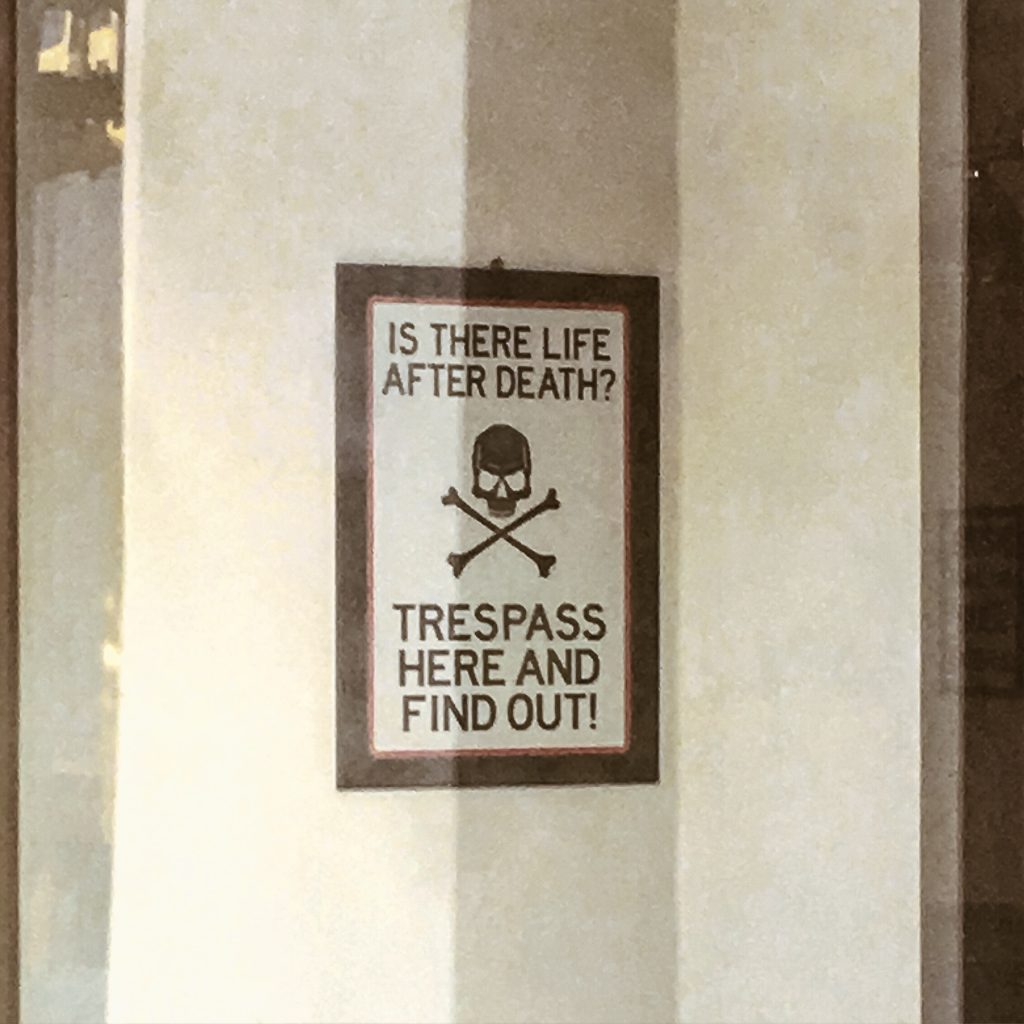
My favorite shops were the ones that hadn’t been claimed yet, but merely had elaborate scenes posted in the windows depicting what might go there in the future. This one a jewelry shop, that one a bar, one even portrayed a happy white couple on their wedding day, as if Oman were the up-and-coming, destination-wedding location. Well hey, if you want an entire town to yourself without having to actually book the whole thing out, check out Jebel Sifah!
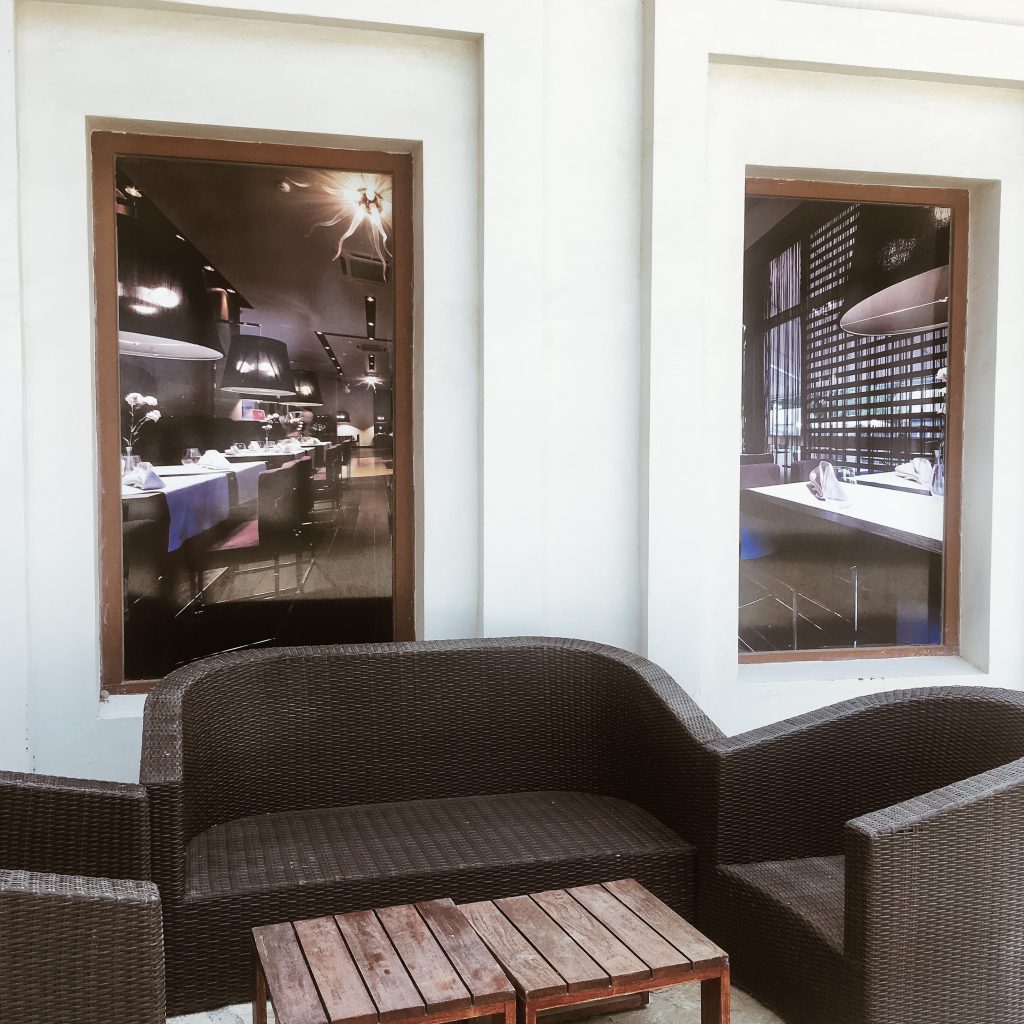
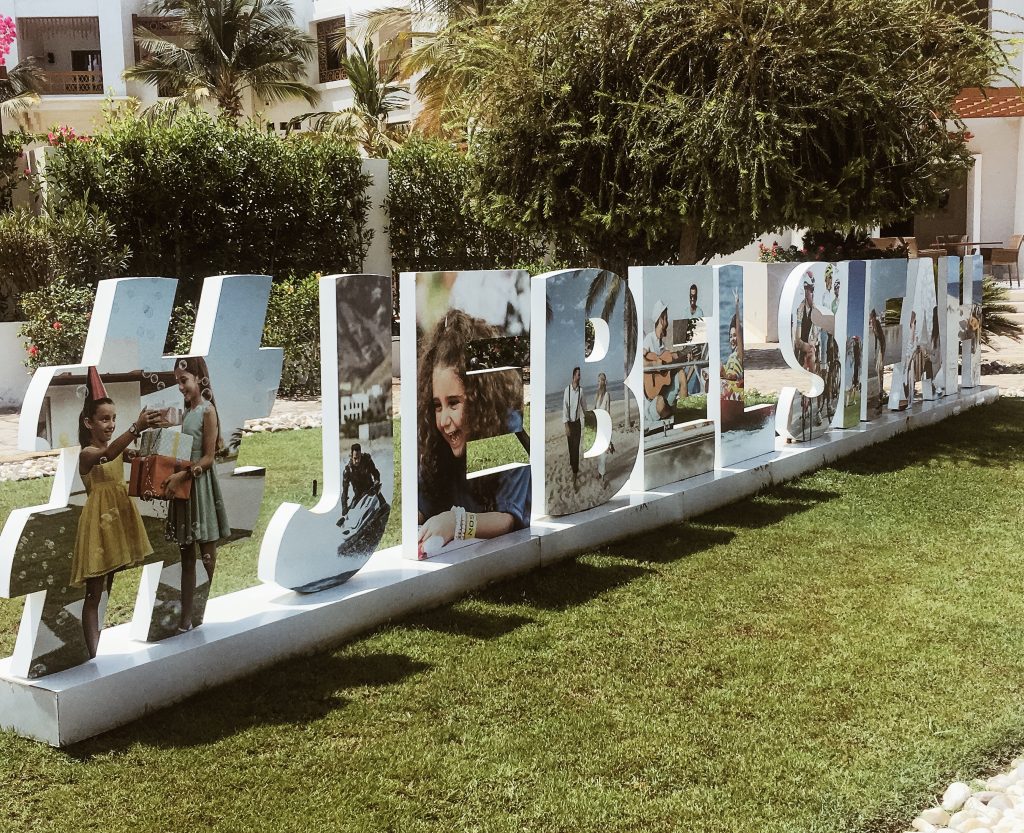
What a strange place Fletch and I had found ourselves in. It wasn’t quite the Middle East, but some resort land where the locals could get away, and tourists could go on holiday. It wasn’t really that either though, because the locals only came on the weekends and the Western tourists were few and far between.
“If you build it, they will come.” I haven’t actually seen Field of Dreams, but Fletch kept quoting it due to the grand nature of the place and what it aimed to attract. “They” didn’t come though. The grand oasis that was Jebel Sifah was still waiting to fulfill its destiny.



